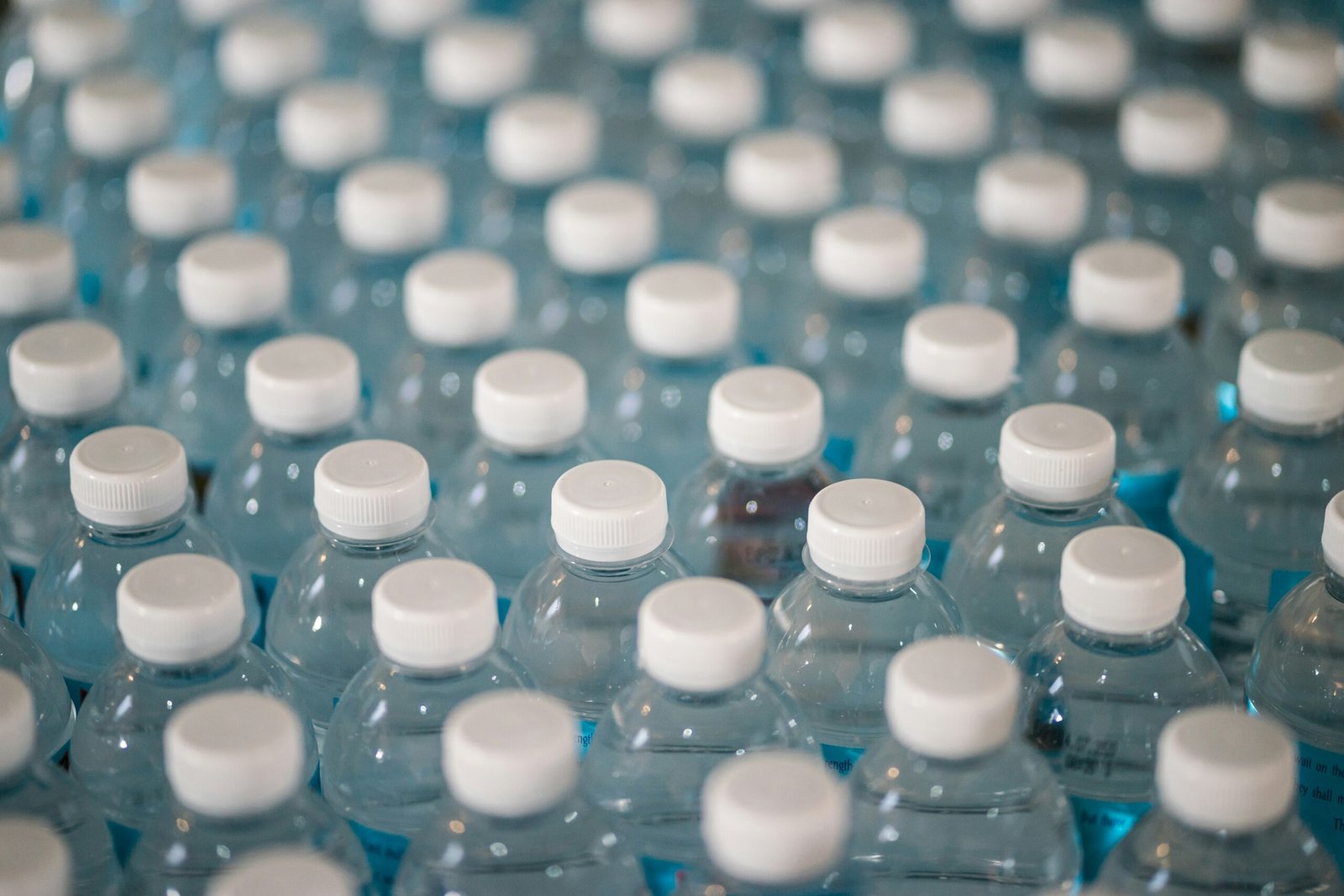

Berkeley Club Beverages Recall Terminated: FDA Ends Water Safety Alert 2024
The Berkeley Club Beverages recall terminated on November 13, 2024, bringing closure to a situation that began in September when the company voluntarily pulled over 1,000 bottles from shelves due to potential bacterial contamination.
I’ve dug into the details of this case to give you the full picture of what happened, why it matters, and what we can learn from it.
Timeline: How the Berkeley Club Beverages Recall Unfolded
The recall followed a clear sequence of events:
- September 12, 2024: Berkeley Club Beverages voluntarily initiated a recall of 1,034 bottles of water products after testing revealed potential coliform bacteria contamination
- November 8, 2024: The FDA classified it as a Class III recall (lowest risk level), indicating minimal health risk to consumers
- November 13, 2024: The FDA officially terminated the recall after determining all affected products had been properly addressed
This quick resolution (just two months from start to finish) suggests effective management by both the company and regulators.
What Was Actually Recalled?
The recall specifically affected:
- Berkeley Springs Water Purified
- Berkeley Springs Water Distilled
These products were distributed across three states:
- West Virginia
- Maryland
- Virginia
Why Were These Products Recalled?
Testing revealed the presence of coliform bacteria in these bottled water products.
Coliform bacteria are commonly found in soil and water environments.
While most coliforms won’t make you sick, their presence in drinking water raises red flags for health officials.
Why? Because coliform can indicate:
- Possible fecal contamination
- Potential presence of more harmful pathogens like E. coli
- Processing or sanitisation issues at the bottling facility
- Inadequate water treatment or quality control failures
According to health experts, some strains of E. coli can cause serious health issues ranging from mild diarrhea to severe complications like hemolytic uremic syndrome.
The recall was primarily precautionary, as the FDA never confirmed the presence of harmful E. coli in the recalled water, but acted to eliminate even minimal risk to consumers.
The FDA’s Involvement and Risk Classification
The FDA plays a crucial watchdog role in food and beverage safety.
In this case, they classified the Berkeley Club recall as “Class III” – the lowest of their three risk categories.
This classification means:
- Very low risk of adverse health consequences
- Unlikely to cause serious health issues
- Precautionary rather than emergency action
This mild classification aligns with the fact that no illnesses were reported from consuming these products.
Impact on Consumers
The recall affected a relatively small number of consumers across three states.
If you purchased these products during this period, the guidance was straightforward:
- Stop consuming the water
- Return bottles to the place of purchase
- Discard any unused product
The good news? No illnesses were reported in connection with this recall, suggesting the quick action by Berkeley Club Beverages and the FDA effectively protected public health.
The Recall Termination: Getting the Facts Straight
On November 13, 2024, the FDA officially terminated the recall after determining that:
- All reasonable efforts had been made to remove affected products from distribution
- The company had properly quarantined and destroyed all recalled bottles
- No illnesses had been reported in connection with the potentially contaminated water
- Additional testing confirmed no ongoing contamination issues
Interestingly, there was initially significant confusion about the scope of the recall.
A Berkeley Club Beverages spokesperson pointed out that the FDA’s initial report cited over 151,000 recalled bottles – a massive overstatement compared to the actual 1,034 bottles affected.
The spokesperson described this as a “tremendous mistake” that misrepresented the scale of the issue. The FDA acknowledged this error and worked to correct their records, demonstrating the importance of accurate reporting in public health communications.
How Berkeley Club Compares to Other Water Recalls
The Berkeley Club situation wasn’t isolated. The bottled water industry has faced several significant recalls in recent years, providing important context for understanding this case:
Fiji Natural Artesian Water (March 2024):
- Over 78,500 cases recalled – nearly 75 times larger than the Berkeley recall
- Issues: Excessive manganese (a mineral) and three types of bacteria
- Health risk: Potential neurological problems, especially in infants
- Classification: Class II recall (moderate risk)
Waiakea Hawaiian Volcanic Water (November 2023):
- Recalled due to consumer reports of unidentified “floating particles” in the water
- Highlights concerns about visual quality and purity standards
- Required extensive investigation to identify contamination source
Real Alkalized Water (May 2021):
- Faced a Class I recall (highest risk category) – much more serious than Berkeley’s Class III
- Potential link to multiple cases of acute liver failure
- Demonstrates the potentially serious health consequences of contaminated water
- Required extensive medical investigation and follow-up
Compared to these cases, the Berkeley Club recall was substantially smaller in scale, lower in risk classification, and resolved more quickly with no reported adverse health effects.
What This Means for Bottled Water Safety
This recall provides valuable insights into bottled water safety and regulatory oversight:
Bottled ≠ Risk-Free Bottled water isn’t automatically safer than tap water, despite common perceptions.
Testing Differences Both bottled and tap water undergo testing, but with different protocols and frequencies:
- Municipal water: Typically tested multiple times daily
- Bottled water: Testing varies by manufacturer but follows FDA guidelines
Regulatory Effectiveness The Berkeley Club case demonstrates that our food safety system generally functions as intended:
- Companies perform required quality monitoring
- Issues are identified through testing
- Recalls happen quickly when needed
- Public health is protected through transparent communication
Consumer Awareness The recall highlights the importance of staying informed about food safety notices and understanding what various recall classifications actually mean for your health.
- Also Read: Utah Jazz vs Lakers Match Player Stats.
FAQs About the Berkeley Club Beverages Recall Terminated
How do I know if I purchased recalled Berkeley Club water?
The recall specifically affected Berkeley Springs Water Purified and Berkeley Springs Water Distilled products distributed in West Virginia, Maryland, and Virginia in September 2024.
What should I do if I still have recalled water?
If you believe you have recalled product, you should discard it or return it to the place of purchase.
Were any illnesses reported from this contamination?
No illnesses were reported in connection with this recall.
What is coliform bacteria and why is it concerning?
Coliform bacteria are commonly found in the environment but shouldn’t be present in treated water. Their presence indicates potential contamination and possible presence of other harmful pathogens.
How does the FDA classify recalls?
The FDA uses three classifications:
- Class I: Reasonable probability of serious health consequences or death
- Class II: May cause temporary health issues or where probability of serious harm is remote
- Class III: Not likely to cause adverse health consequences
Bottled Water Safety: Key Lessons
This incident highlights several important aspects of food safety:
- The recall system works effectively when companies act responsibly
- Not all recalls indicate severe danger – the risk classification matters
- Quick action can prevent illnesses
- Transparency between companies and regulators protects consumers
For bottled water drinkers, this case offers reassurance that monitoring systems catch issues before they cause harm.
Conclusion
The Berkeley Club Beverages recall represented a relatively minor incident in the bottled water industry.
With no reported illnesses and a low-risk classification, it demonstrates how the food safety system should function.
Companies take responsibility, regulators provide oversight, and consumers are protected through transparent communication.
While confusion about the number of bottles affected shows there’s always room for improvement in reporting accuracy, the swift timeline from identification to Berkeley Club Beverages recall terminated demonstrates an effective response to potential contamination issues.







